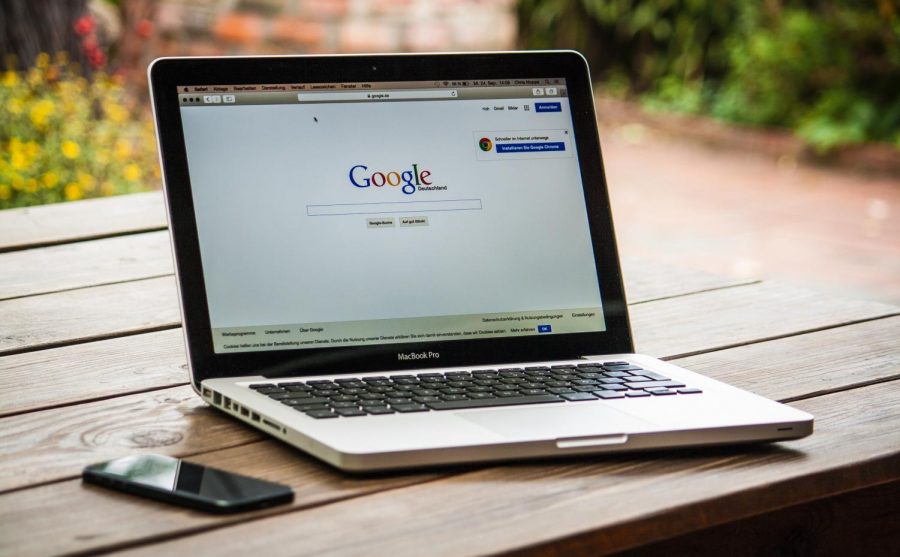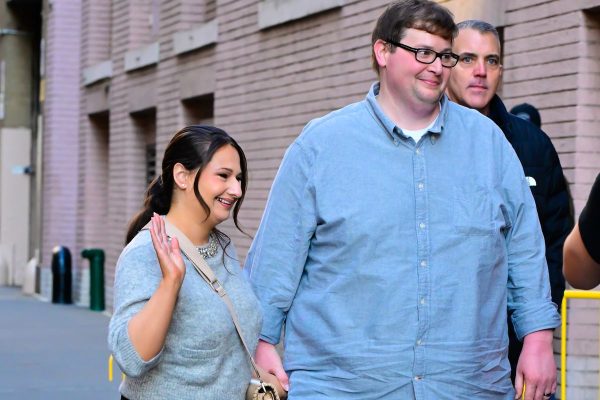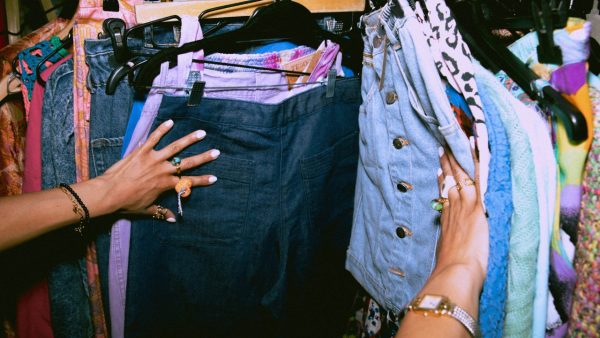Filtered Fundamentals
Many students use search engines like Google.
For a lot of students, finding information on research topics can be very difficult with the restrictive blockers put up in schools.
Blockers on websites permit the use of limited web browsing to ensure a safe and user-friendly research space. However, teachers are finding it especially annoying when they see an educational website blocked by their school.
“The Children’s Internet Protection Act (CIPA) specifically requires schools and libraries to block or filter Internet access to pictures and material that are ‘obscene, child pornography, or harmful to minors’ on computers that are used by students under 17 years of age,” said author of How Internet Filtering Hurts Kids, Melinda Anderson.
Firewalls block social media, games, and non-educational activities, but students often find a way around it. With this, teachers are angry because they are not able to get around the same firewalls. When a student is trying to research a topic they often find that simple websites are blocked for no reason. The content is not “obscene” and a lot of the times there is no reason for the denied access. This is a problem for the main reason that teachers are not able to surf the web freely. The majority of the time educators default to letting their students use their phones for research. However, with the pressing issue of the cell phone use in school, it is often times difficult to access websites like youtube for research. Between students and teachers, the teachers are the ones who should be able to have the most freedom on the internet.

Many computers and iPads are used throughout Adams High School.
Websites like YouTube and Skype are often blocked which hurts the teachers and students in many ways. The teachers are at a loss when they try to use creative and innovative sites. At the same time, a lot of educational videos and resources are often blocked. The blocking of these sites not only angers students but it also lowers the skill of research because students do not have a wide range of options when it comes to researching and surfing the internet. At the same time many students use the same websites because only a few websites are open for research. This leads to a lot of similar information when a lot of students are researching the same topic.
“Facebook, YouTube, and other platforms do not need to be filtered, but school districts often block these websites ‘on the grounds that students might access content barred by CIPA,” said author of How Internet Filtering Hurts Kids, Melinda Anderson.
With blockers it also cuts off the amount of information that can be found on a topic. Students have limited websites that they have access to. With this, students are forced to go to websites like Wikipedia that oftentimes, give false information and teachers often times do not allow wikipedia or encyclopedias which are usually the only websites available to students.
While blockers may seem like a good idea it is just a hassle when students are already finding a way around them. Along with that, teachers are allowing many of their students to use their phones for information which are often times the best way. For this reason, blockers and denied access to everyday websites is unnecessary in schools.






